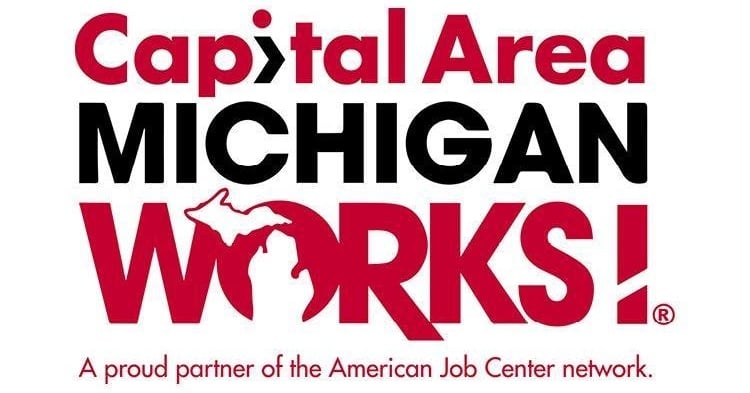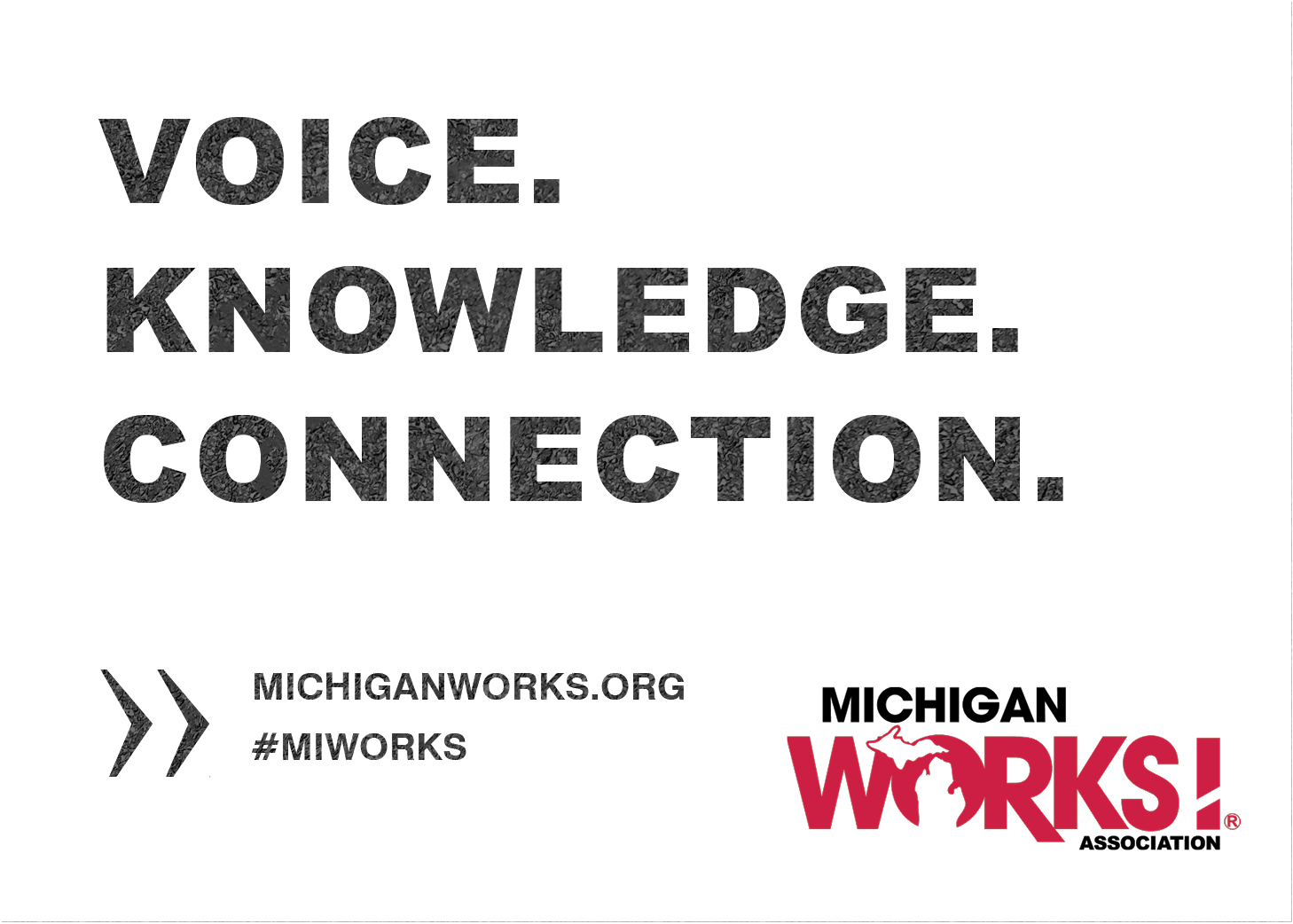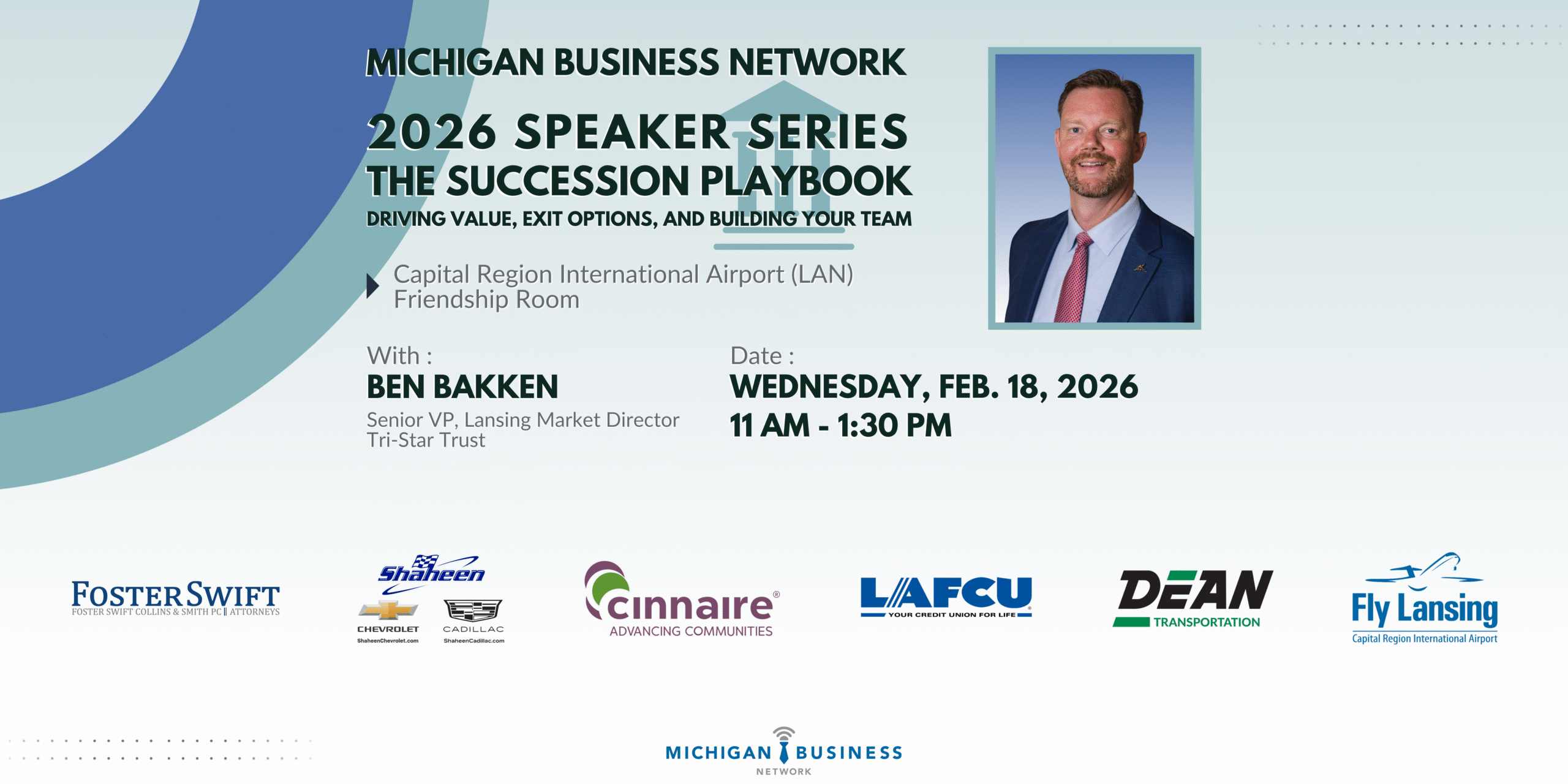
Chris Holman welcomes back Carrie Rosingana, , CEO, CAMW! Capital Area Michigan Works!, Lansing, MI, but serving Ingham, Eaton and Clinton Counties.
Watch Carrie and Chris discuss the Capital Area Child Care Coalition’s impact, new website, and the future of child care in Michigan in the YouTube video shared below:
THEME: Capital Area Michigan Works! CEO Carrie Rosingana discusses the Capital Area Child Care Coalition and their new website, which now includes functions to connect businesses and families with important child care resources.
Question: Why is accessible and affordable child care important to families, employees and employers?
● Access to quality, affordable childcare is a barrier for many working adults and families today.
● Research shows unaffordable and non-available child care causes a decrease in employment retainment, increased stress on working parents and decreased workforce efficiency.
○ According to American Progress, child care is the work that supports all other work by enabling parents to participate in the workforce. Among parents who are not working full-time, 3 in 5 say they would choose to do so if they had access to affordable child care.
● From 2020 to 2021, 13% of children from birth to age 5 lived in families in which someone quit, changed or refused a job because of problems with child care.
● Women are five to eight times more likely than men to experience negative employment consequences related to caregiving according to the Annie E. Cassey Foundation.
○ Oftentimes one parent is forced to stay home for extended periods of time to watch their children because there are no alternatives.
● Accessible and affordable child care opens the door to reduced stress, increased productivity, and enhanced job satisfaction for employees.
● It is important to address child care disparities in order to support families and grow happier and more productive working communities.
Question: What is the Capital Area Child Care Coalition and how do they impact the Capital Area community?
● Supported by Lansing Economic Area Partnership (LEAP), the Capital Area Child Care Coalition (CACCC) is a group of 70 community leaders in Eaton, Clinton and Ingham Counties who want to increase the supply of high-quality child care.
○ Capital Area Michigan Works! is proud to be co-leading the CACCC with LEAP and the United Way of South Central Michigan since its creation.
● The CACCC has two key goals: to support local child care providers and connect them to available business resources; and to assist employers as they strive to make child care more accessible and affordable for their employees.
○ The CACCC seeks input from a number of voices to identify the best strategies to accomplish this. Aside from coalition meetings, we regularly:
■ Complete analyses of public data, like cataloging existing providers and
conducting parent focus groups.
■ Survey local families, child care staff, business leadership and more to understand how the current state of childcare impacts individuals, businesses
and the region’s economy.
■ Host events to help stakeholders learn more about the benefits of child care.
● The Coalition values consistent community involvement in their meetings and discussions.
○ Over 348 community members engaged with the Coalition last year through
meetings, surveys and discussion groups.
○ 17 child care providers received support through CACCC and its partners.
● Furthermore, the Coalition secured $340,400 in funding to make child care more accessible through their continued efforts to raise awareness.
Question: The Child Care Coalition launched a new website late last year that features some new functions. Can you tell me more about what this website does and why it’s important?
● The CACCC’s fresh website now includes a number of helpful resources not only to support families but also to support child care providers.
○ The website will support child care providers looking for business development resources, including career expansion services to ensure child care programs are running at full capacity.
■ This includes tools like site selection, funding and training opportunities.
○ Employers can also find resources like webinars that educate on the business benefits of supporting child care, toolkits to implement family-friendly policies and information to share with employees.
■ By sharing these resources, businesses can experience reduced absenteeism, access to a larger talent pool and improved productivity, all while demonstrating a commitment to the wellbeing of their staff.
● The website now has a page dedicated to the CACCC’s new Regional Action Plan, which lists research and data, defines child care barriers in the region and charts a course of action to address the need for accessible child care in our region.
○ The goals of the plan include advocating for state-level policy change, providing business development support, promoting the talent pipeline, and engaging employers to support their employees’ child care needs.
● There is also a Business Planning and Expansion Resources tab with resources to ensure that child care administrators and business owners have the business development tools they need to succeed. This includes:
○ Nonprofit-specific support.
○ Small business support.
○ Tools to navigate municipal requirements.
○ Compiled market themes to support quality business development.
● Another addition to the CACCC’s website is the Career Expansion Resources page.
○ Career seekers can view job boards and apprenticeship programs with current postings.
○ Child care businesses can view job descriptions and interview tips and access staff training support.
○ Employers can access training and technical assistance opportunities aimed at child care professionals.
○ Job seekers can learn more about education and credentials that will help propel their early childhood education career.
○ Job seekers can view possible funding and financial support for education options to support their career expansion efforts.
Question: How can people learn more about the Capital Area Child Care Coalition?
● You can visit the informational page on CACCC at puremichigan.com/childcare to learn more about their mission.
● If you are interested in joining the Coalition, you can submit a membership
application at puremichigan.com/childcare/join.
Shared below is information of a LEAP/ CACCC release from a few months ago.
Online Hub Aims to Expand High-Quality Child Care Options Throughout Region
Capital Area Child Care Coalition (CACCC) Resource Hub supports child care provider business operations and employer child care benefits
LANSING, Mich.— Recognizing that access to high-quality, affordable child care is crucial to growing the Lansing region’s economy, the Lansing Economic Area Partnership (LEAP) today announced the launch of a new online hub that aims to connect, strengthen, and expand the regional child care ecosystem.
“A strong local economy and high-quality, highly accessible early childhood education are intrinsically linked,” said Bob Trezise, President and CEO of LEAP. “When parents have access to quality child care they are more likely to increase their earnings, and businesses benefit because their workers can be more productive. From a regional growth perspective, families need to be assured that high quality care is available to them, and this initiative ensures that the Lansing region will be able to provide that care for generations to come. Today’s launch is the result of many months of partnership and engagement between child care providers, business leaders, parents, local government representatives, economic development professionals, and other stakeholders who care passionately about the future of our region. Their hard work has positioned us well for continued growth and success.”
The Capital Area Child Care Coalition (CACCC) Resource Hub—launched by LEAP in partnership with Capital Area Michigan Works! and the United Way of South Central Michigan—has two key goals: to support local child care providers and connect them to available business resources; and to assist employers as they strive to make child care more accessible and affordable for their employees, leading to more productive workers and enabling more parents and caregivers to enter or stay in the workforce.
“If we want a thriving workforce, business leaders need to think about access to child care, the cost of child care, and pursuing family-friendly and child care-friendly policies as an economic development issue,” said Emma Bostwick, Director of Business Attraction at LEAP. “The Capital Region will be better equipped to attract new talent and businesses when they can ensure employees have access to child care that fits every family’s needs and budget. The CACCC Resource Hub will drive positive change for our region by increasing the supply of high-quality, licensed child care.”
The Lansing area faces several child care challenges, as identified in a recent report commissioned by CACCC and conducted by Public Sector Consultants. First, child care is simply not affordable for the majority of residents—on average, families working full time at minimum wage pay 41% of their income to child care. In addition, the Lansing tri-county region suffers from a 56% child care gap, meaning there is a higher need for child care than there are spots available.
“Quality child care not only supports a child’s development and well-being—it’s also imperative for the economic success of our communities,” said Chris Sargent, President and Executive Officer of United Way of South Central Michigan. “We will continue to solicit input from care providers, business leaders, parents and other stakeholders to ensure that the CACCC Resource Hub is helping us meet our goals of supporting our local families while becoming more appealing to prospective residents and job creators.”
In June, the CACCC held an Employer Roundtable that brought together regional employers, human resource professionals, and C-suite leaders to discuss the impact of child care on employees and businesses. Attendees—83% of which said that child care access affects their ability to recruit and retain employees—shared strategies around supporting employees in overcoming childcare barriers, ultimately enhancing workforce engagement across sectors. For example, eligible employers in Ingham County can take part in the MI Tri-Share program, under which the cost of child care is shared equally among employer, employee and the State of Michigan. A follow-up technical assistance workshop for employers is planned for September this year.
“Child care conversations are critical to supporting workforce development solutions and growth opportunities,” said Carrie Rosingana, Chief Executive Officer for Capital Area Michigan Works!. “The Lansing area is lucky to have employers that are passionate about strengthening the child care network in our area and helping their employees access the quality care they need. We look forward to partnering with these leaders to help address child care gaps in our community.”
Adam Grass of Heritage Hollow, which works with companies to provide on-site daycare or discounted partnerships for child care, said at the Employer Roundtable event that his company ultimately chose to offer benefits to its own employees.
“About 40% of my staff are mothers who exited the workforce who did not re-enter because they could not find something to do with their children,” he said. “Now they’ve come in, they’re back in the workforce, and they’re doing great things.” He also shared that supporting employees with child care helps with recruitment and retention, improves workplace culture, and broadens the talent pool.
As a group of over 70 community leaders in Clinton, Eaton and Ingham Counties, the CACCC is dedicated to increasing the supply of high-quality childcare in the region. Their efforts have been recognized through the regional childcare coalition grant awarded by the Early Childhood Investment Corporation’s (ECIC) Child Care Innovation Fund as part of the Caring for MI Future initiative. The coalition since being awarded has conducted research, including cataloging existing providers, surveying providers, and conducting parent focus groups, that help the coalition make data-driven decisions, including a Regional Action Plan underway.
“The Resource Hub is just one aspect of the CACCC’s ongoing efforts to improve child care access,” said Alicia Guevara Warren, Chief Executive Officer of ECIC. “We’re excited to partner with the coalition as it works to reduce barriers, assist providers, promote the talent pipeline and engagement employers to support the child care needs of their employers.”
About LEAP
The Lansing Economic Area Partnership (LEAP) is a coalition of area leaders partnering to build a stronger community for all – working every day to grow, retain and attract business to the Lansing, Michigan, region
» Visit MBN website: www.michiganbusinessnetwork.com/
» Watch MBN’s YouTube: www.youtube.com/@MichiganbusinessnetworkMBN
» Like MBN: www.facebook.com/mibiznetwork
» Follow MBN: twitter.com/MIBizNetwork/
» MBN Instagram: www.instagram.com/mibiznetwork/









